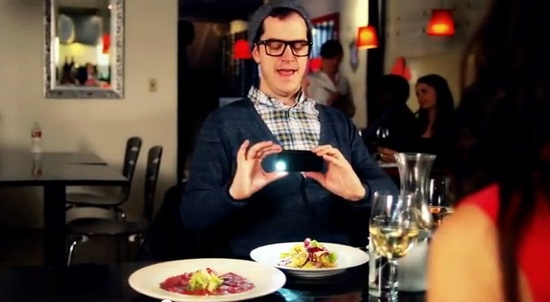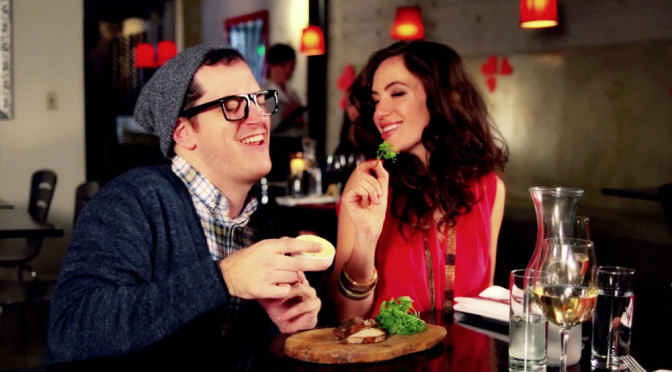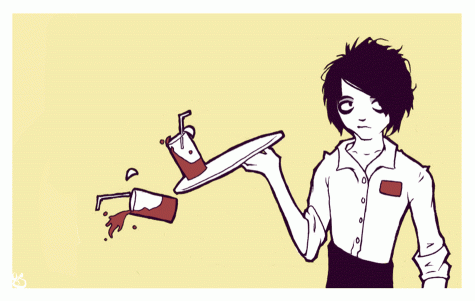The joy of dining out in a restaurant is based on a simple equation: You pay money to have a group of total strangers relieve you of your kitchen duties for the evening. When a restaurant lives up to its promise, its charms are irresistible. You finish your plate without having to clear it, have your food seasoned and cooked more precisely than you can achieve in your home kitchen, and—the icing on the cake—enjoy the privilege of excusing yourself from the table without having to worry about doing the dishes.
In the Age of Internet and Social Media, however, the exercise of dining out has become something greater than it was originally intended. With the proliferation of 24/7 Food TV and sudden-death kitchen reality shows, the dining public is no longer a humble audience. For most restaurant enthusiasts, sitting through a meal without passing judgment takes the fun out of it. Most people now visit restaurants with the purpose of evaluating them rather than for pure enjoyment. This new generation of foodies has a forum to broadcast its amateur opinions on personal blogs and in Yelp reviews. Restaurants—which once offered the community a gathering place to convene for the purposes of nourishing itself—are now arenas for sport. A reservation is your ticket to the rodeo. No jacket required.
The term restaurant is derived from a French word that refers to a type of restorative broth or bouillon that was traditionally served in France to weary travelers. The modern concept of the American restaurant, as we know it, is actually a somewhat recent phenomenon. The word restaurant did not become common parlance in America until the late 19th century. Historically, the growth of restaurants can be tied to the explosion of urban populations where tight living quarters forced people to seek comfort dining in larger public spaces. Political upheaval in France led to many private chefs being released from the confinements of their aristocratic households. What followed was an era of Nouvelle Cousine, a movement catering to an emerging bourgeoise class hungry for a more exciting and fresh approach to cooking. The modern restaurant experience and the elevated status of the Chef owes debt to this culinary French New Wave. Somewhere between Marie-Antoine Carême and now, we have lost our ability to enjoy the act of dining out.

The modern restaurant has morphed into a perverted spectacle—where the audience delights in the sadistic pleasure of commoditizing food and kitchen professionals scramble in their quest for one-upmanship. In this new voyeuristic world, we like to watch. Social media outlets like Facebook and Instagram are saturated with food porn. Whereas in the past the restaurant would function as the pre-cursor to the evening’s entertainment, now going to a restaurant is like attending a live performance. As the price of admission rises, the consumer feels more entitled to experiencing something that transcends the plate. Your choice of restaurant is not something to be taken lightly; it’s a status symbol (“Guess who’s going to Per Se tomorrow night?”), a political statement (“Oh my god, Marea is totally overrated!”), or even an extension of yourself (“I can’t live without the pork buns from Momofuku.”) But lost in our obsession, we have forgotten how to enjoy dining out.
Any time you set foot in a restaurant, you hope for profundity and you risk catastrophe. But our experiences only stand to be successful if we approach it with the right mindset. As diners, we need to accept how our energy affects the atmosphere around us. If you make a conscious decision to observe the dining experience rather than engaging with it, you disregard your role in giving it life. Don’t just sit there as the parade marches by, grab a baton and start twirling! You won’t have nearly as much fun watching from the sidelines.


